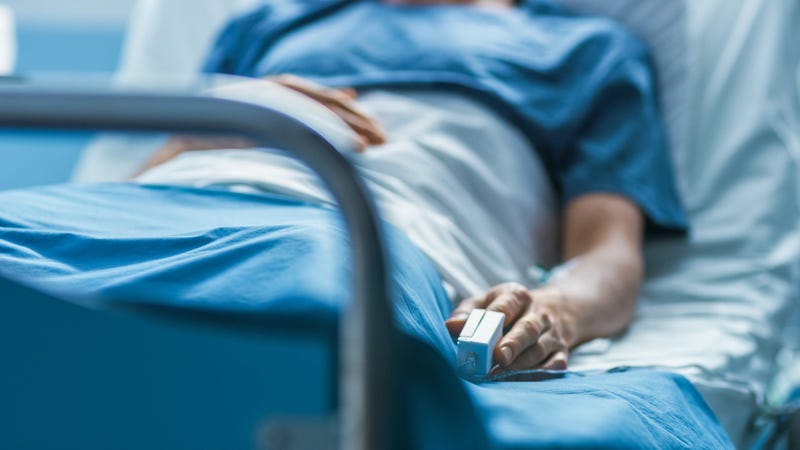
He cautions "It's not a vaccine because the antibodies will dissipate over time. So the antibodies will linger around for a couple of weeks. It's short term prophylaxis."It could also be used for people who were recently exposed, but have not developed symptoms.
Hotez says while data looks good regarding giving the plasma to critically ill patients, studies regarding post-exposure treatment is just now being evaluated. He says such therapy has proven effective for other virus infections.He says this is something we have to consider "because that's about all we have, that we can offer at this point."He says it's not easy to scale such a thing up because it basically requires one donor per recipient. "If you're talking about hundreds of people at a meatpacking plant, it becomes quite a logistical problem. Maybe you can have part of the workforce on it at any given time."
